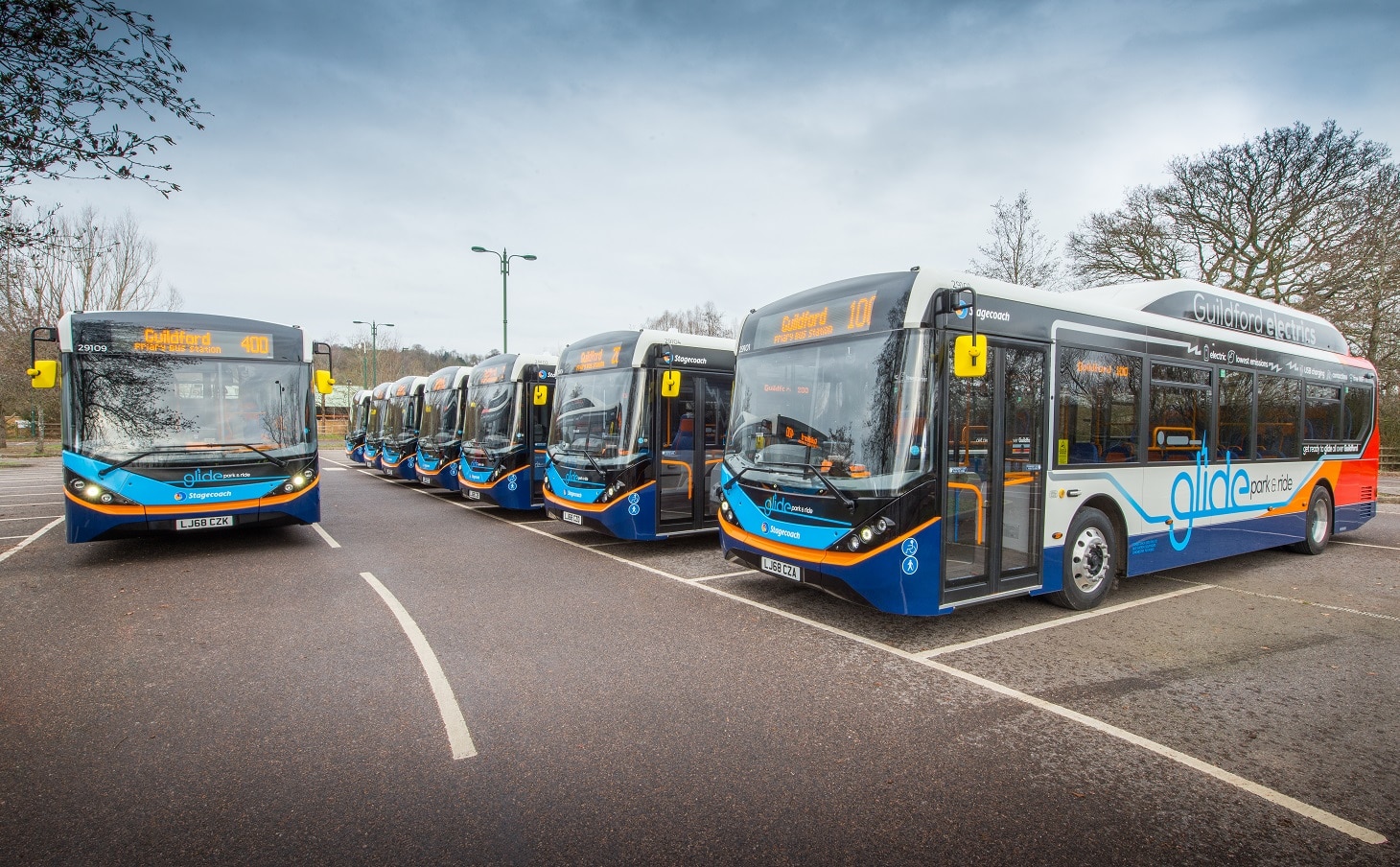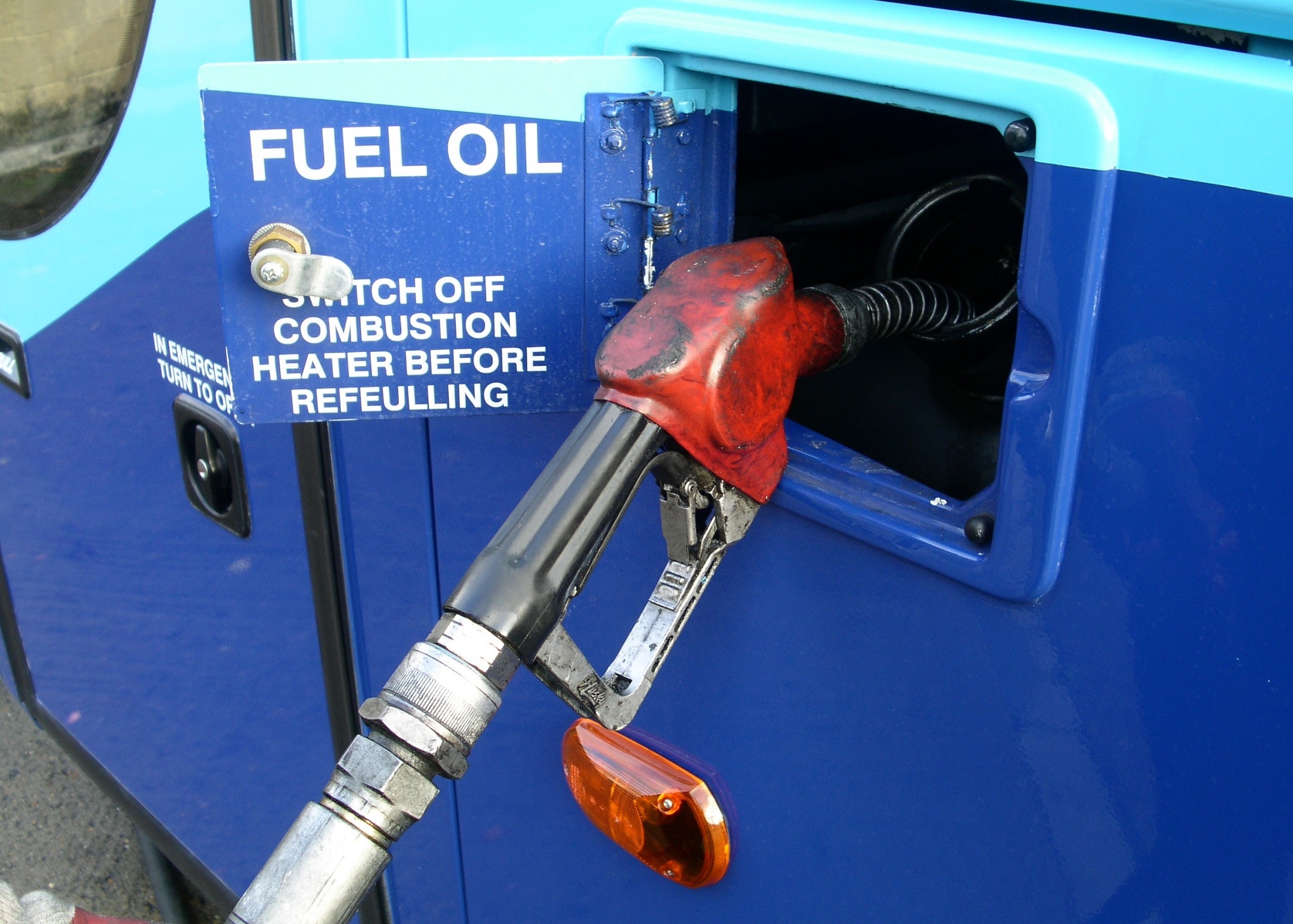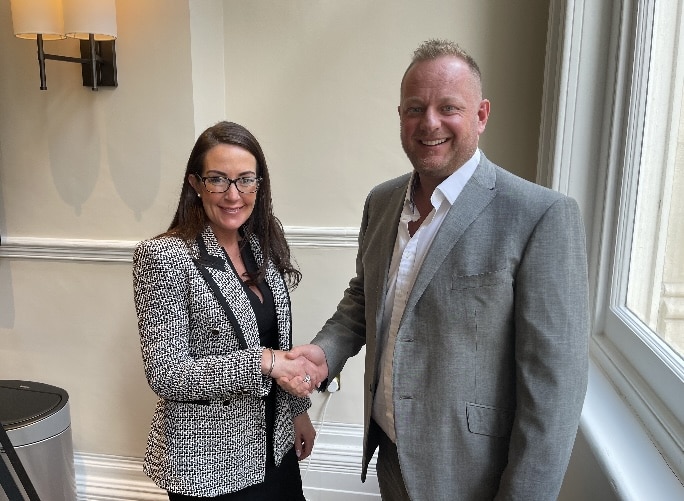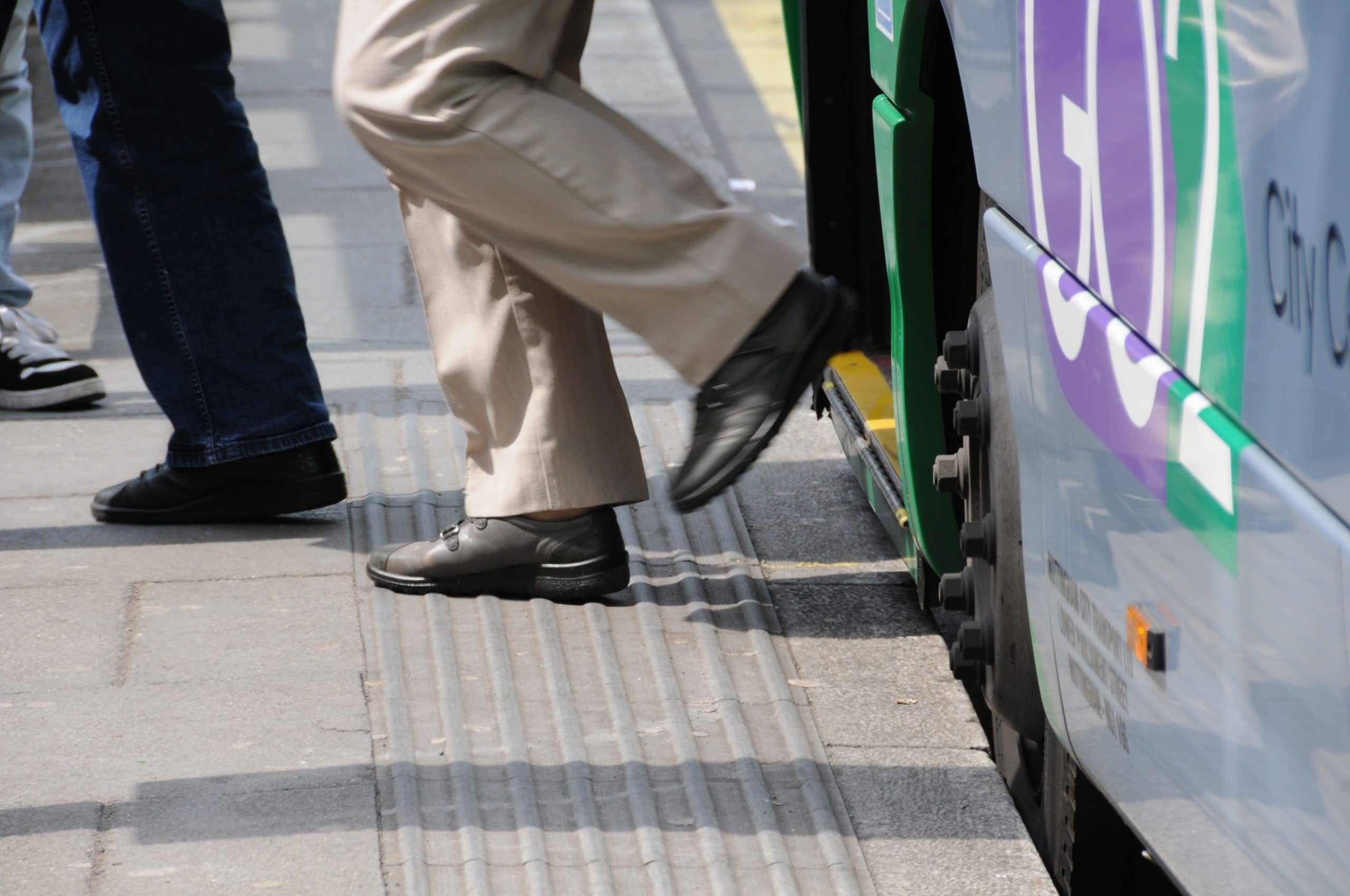Bus Service Operators Grant (BSOG) in England can be claimed against zero-emission buses (ZEBs) at 22p per kilometre from 1 April, the government has announced. It represents a step towards promised wider overhaul of BSOG.
All buses that are certified by Zemo Partnership via the new Zero Emission Bus scheme are eligible for the payment. Such accreditation builds on existing testing and certification for the Ultra Low Emission Bus (ULEB) mechanism. Certified ZEBs are not eligible for any other BSOG incentive payments.
The ZEB test process is no different to that for ULEB accreditation. Zemo will thus ‘port over’ data already collected to automatically certify qualifying zero-emission ULEBs as ZEBs for the purpose of the BSOG incentive payment. ZEB certificates for applicable bus models will be available for download from Zemo’s website shortly.
As well as to having no internal combustion engine and producing no tailpipe pollutants, a certified ZEB must demonstrate a minimum 50% well-to-wheel greenhouse gas reduction over a comparable Euro VI bus. That figure is 30% for a certified ULEB. Yutong’s battery-electric range recently returned a figure of 77% via that metric under ULEB testing.
A communication from the Department for Transport (DfT) states that claim forms for the ZEB BSOG incentive payments may be submitted by operators from 1 July. The first monies are anticipated to be paid “around October.”
DfT adds that the ZEB incentive “is a temporary uplift ahead of the planned reform of BSOG and aims to support and further accelerate the take-up of ZEBs.” In a written statement to the House of Lords on 28 March, Under-Secretary of State for Transport Baroness Vere said that the overhaul of BSOG will “refocus the scheme on reducing emissions, levelling up and keeping fares low.”
In addition to OEM zero-emission buses, those that have been repowered with zero-emission drivelines will also be eligible for the BSOG ZEB incentive payment. That will be subject to supplier and vehicle accreditation under the new Zero Emission Repower Accreditation Scheme (ZEVRAS), which is currently being developed by Zemo.
DfT says that as part of the BSOG reform process, the treatment of the energy source for both hydrogen and electricity will be consulted upon. Under the current BSOG ZEB uplift, the source of neither is considered by the eligibility terms. “This is a pragmatic approach for the uplift, recognising the currently limited supply of green hydrogen and aligns with ambitions across government,” DfT adds.
Manufacturer Equipmake quickly welcomed news of the BSOG incentive, but it has called on the government to go further in fostering take-up of ZEBs. Managing Director Ian Foley has also welcomed the inclusion of buses repowered to zero-emission in the incentive.
On those vehicles, Mr Foley says there is “a clear appetite” in the industry for repower. He adds that such retrofit work could be rolled out “very rapidly.” Equipmake thus wants to see repowered buses become eligible for a grant of 75% of the upgrade cost.
If that happens, “the Treasury’s contribution is reduced, while the cost to the operator is halved. Not only does that represent a significant saving on the purchase price of a new hybrid or diesel vehicle, but EV buses also have far lower operating costs, too.”











